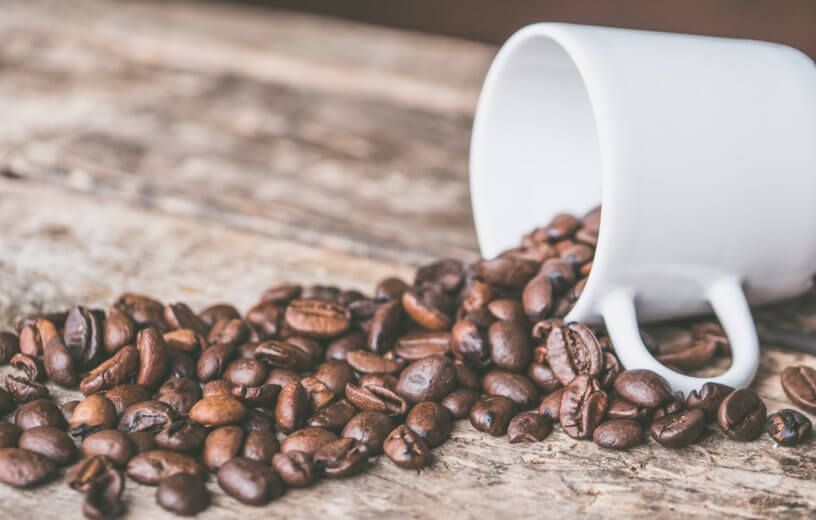AARHUS, Denmark — Many people enjoy pairing a cup of coffee with some chocolate or something sweet. Now, a new study is lending some scientific credence to pairing java and sweets. Researchers from Aarhus University have found that coffee influences our sense of taste. After a cup of joe, sweets taste that much sweeter and bitter sensations aren’t as intense.
Most people don’t need another excuse to indulge in a daily cup (or three) of coffee, but now you have a reason to add some coffee to your dessert regiment.
A total of 156 study participants had their sense of smells and taste tested after drinking a cop of coffee. The coffee didn’t influence their sense of smell at all, but there were noted differences in taste across the board.
“When people were tested after drinking coffee, they became more sensitive to sweetness, and less sensitive to bitterness,” says associate professor at Aarhus University Alexander Wieck Fjældstad in a release.
Caffeine isn’t responsible for this phenomenon either. The research team recreated their experiment using decaf coffee and the relationship between coffee and taste held true.
READ MORE: 7 Health Benefits From Drinking Coffee Every Day, According To Scientists – Study Finds
“It’s probably some of the bitter substances in the coffee that create this effect,” Fjældstad speculates. “This may explain that if you enjoy a piece of dark chocolate with your coffee, it’s taste is much milder, because the bitterness is downplayed and the sweetness is enhanced.”
All in all, the study’s authors say these findings provide some new insight on our senses of smell and taste, and how they operate.
“We already know that our senses have an effect on each other, but it’s a surprise that our registration of sweetness and bitterness is so easily influenced.” Fjældstad says.
The study’s authors also believe these observations have dietary implications.
“More research in this area could have significance for how we regulate the way in which we use sugar and sweeteners as food additives. Improved knowledge can potentially be utilized to reduce sugar and calories in our food, which would be beneficial for a number of groups, including those who are overweight and diabetes patients,” Fjældstad concludes.
The study is published in Foods.
